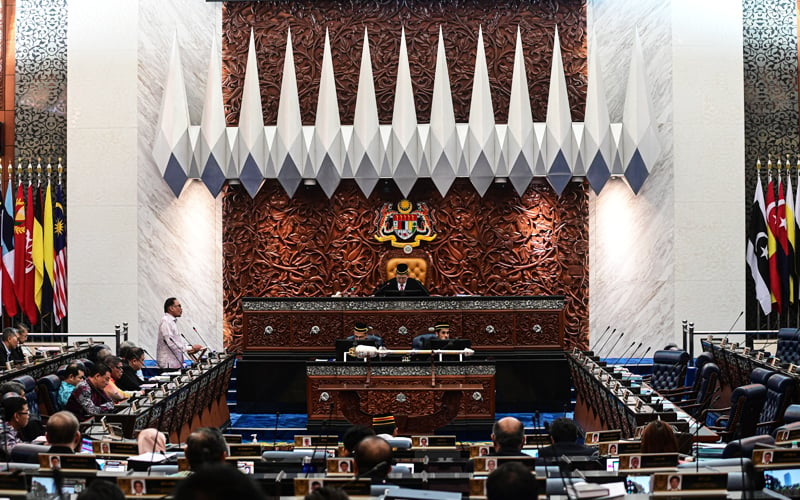
From Hafiz Hassan
March 29, 1979 remains as one of the most dramatic dates in the United Kingdom’s (UK) political history of the last century. On that day, Prime Minister James Callaghan lost a motion of no confidence by 311-310 votes.
Callaghan was said to be “extremely well qualified to become prime minister”. Prior to taking office he had held the positions of Chancellor of the Exchequer (finance minister), Foreign Secretary and Home Secretary. When he became prime minister in April 1976 he was the only individual to have held all four of the “great offices of state”.
But 1979 was exceptionally difficult for the UK. There was widespread industrial unrest. The winter of 1978-79 was called the ‘winter of discontent’ as trade union strikes grounded the kingdom’s public services to a halt.
It was against this economic backdrop that the vote of no confidence was held.
On the night of the motion of no confidence, a difference of one vote was all it took to make history: the Ayes were 311 and the Nays were 310.
And so fell the minority government of Callaghan – a Labour leader.
Callaghan had the support of his Cabinet but on that historic night, he lost the support of 11 Scottish National Party (SNP) MPs who supported the no-confidence motion.
Callaghan famously quipped that “the SNP MPs were turkeys voting for Christmas”.
It was bitter for the Labour party that the minority government it led could fall overnight by a single vote. Many Labour members have never forgiven the 11 SNP MPs.
But this is what parliamentary democracy is all about. The governments are not directly elected by the people but are formed based on the support of Parliament. In other words, on the basis of parliamentary confidence.
In a parliamentary democracy, the prime minister is not directly elected by the citizens, but is normally nominated or appointed – as the case is in Malaysia – by the head of state – the King in Malaysia.
However, the head of state may not have very much discretion in designating a prime minister, since the first principle of parliamentary democracy is that the government must be chosen on the basis of parliamentary confidence.
Confidence simply means support. A government is said to enjoy the confidence of Parliament when a majority of the MPs politically support the government and give consent to its appointment and continuance in office.
The formal expression of support and consent is a vote of confidence in Parliament.
Prime Minister Anwar Ibrahim has reportedly challenged those behind an alleged conspiracy to overthrow the unity government to call for a confidence vote against him during the coming parliamentary sitting, which starts on May 22.
Anwar’s comments were believed to be in reference to a report by Free Malaysia Today that a group of 10 Barisan Nasional (BN) MPs was said to be involved in a plot with Perikatan Nasional (PN) to bring down the current government.
The 10 MPs intended to force by-elections by quitting their parties.
What say these MPs of the call for a confidence vote in the Dewan Rakyat? - FMT
Hafiz Hassan is an FMT reader.
The views expressed are those of the writer and do not necessarily reflect those of MMKtT.


No comments:
Post a Comment
Note: Only a member of this blog may post a comment.